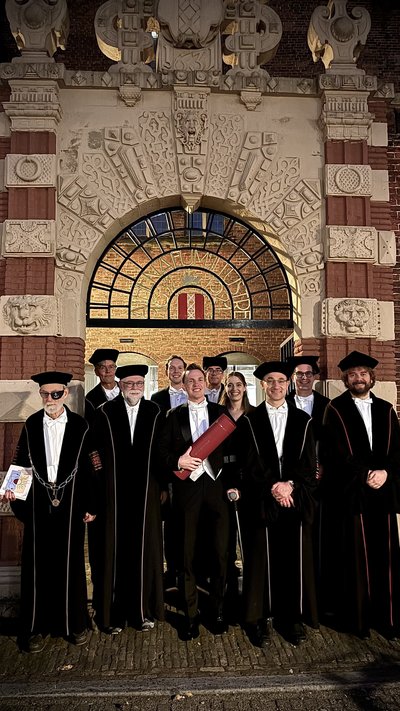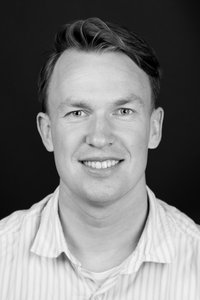A striking result from his thesis concerns low-energy states of quantum systems, which determine how molecules and materials behave. These states are central in fields such as chemistry and materials science. For example, they help predict the stability of new materials or how a potential drug molecule binds to a target protein.
Weggemans studied how classical and quantum computers can work together to solve such problems more efficiently: he shows that for certain realistic physical models, a quantum computer can accurately calculate the energy of a system once a crude initial trial state obtained via classical computation is available - a task that would take classical computers far longer. In addition, he investigated how quantum information can make the verification of complex proofs more efficient, and when quantum data can greatly reduce the number samples needed to solve a problem. Together, these studies show where quantum methods can truly offer an advantage, and where their limits lie.


